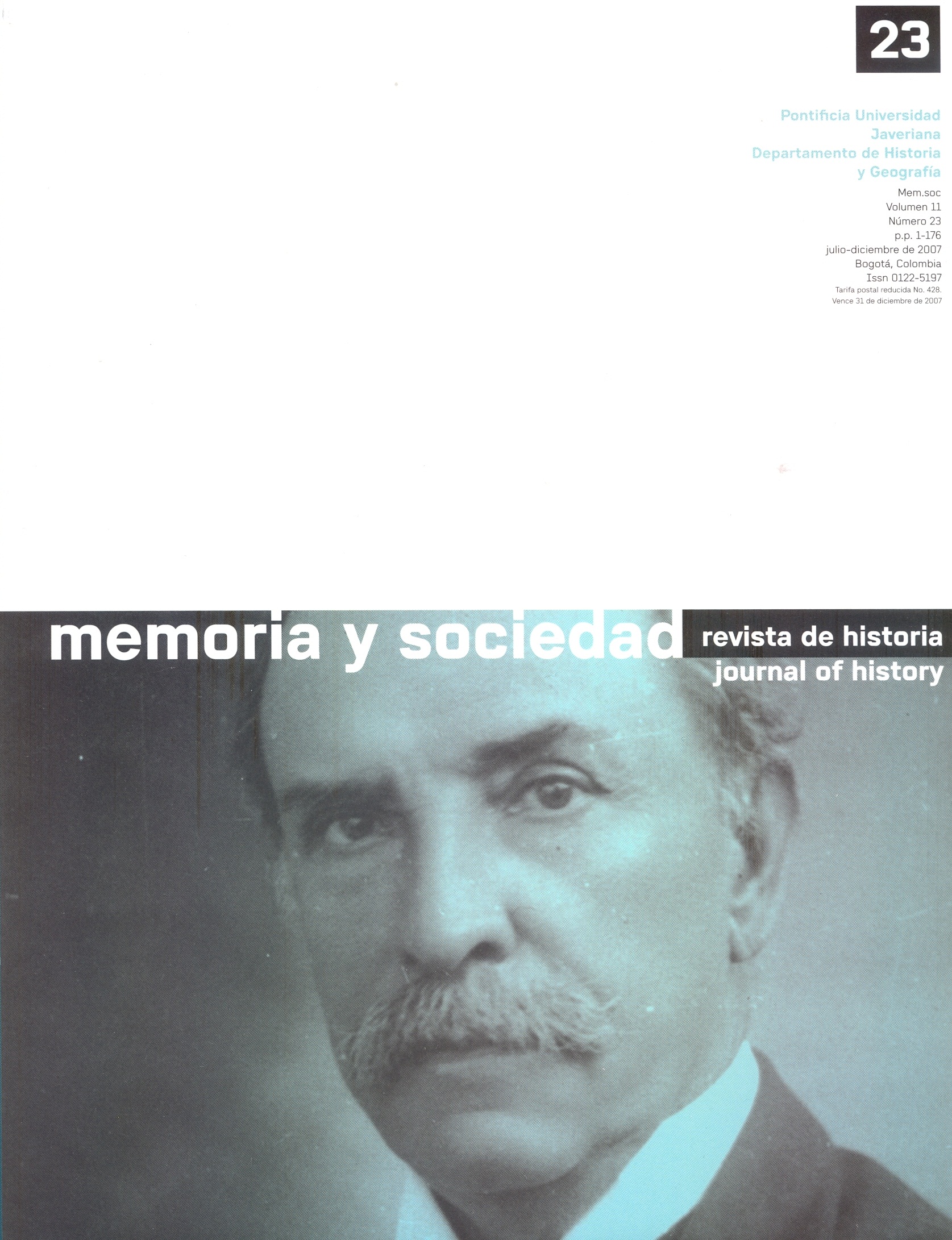Abstract
This article proposes to point out the discourse distinctiveness from memory stories, but centered in one enunciation: the episodes related to the 70’s in Argentina; particularly the Last Military Dictatorship event. It is inscribed within the investigations about argentine memory discourses, particularized in Córdoba as a cultural space. On this sense, it is form the consideration about the possibility/ impossibility to narrate and the incommensurable aspect of some of the experiences, that a series of considerations are structured to characterize the enunciations and-fundamentally- the enunciation processes. The marking of some determined resources related to the narrative structure, the enunciating voice/s, the plurality and the overlay of times, the metaphors, etc., which show the reminiscence work and ratify-simultaneously- a correspondence between aesthetics and politics, between memory and resistance.The journal Memoria y Sociedad is registered under a Creative Commons Attribution 4.0 International Public License. Thus, this work may be reproduced, distributed, and publicly shared in digital format, as long as the names of the authors and Pontificia Universidad Javeriana are acknowledged. Others are allowed to quote, adapt, transform, auto-archive, republish, and create based on this material, for any purpose (even commercial ones), provided the authorship is duly acknowledged, a link to the original work is provided, and it is specified if changes have been made. Pontificia Universidad Javeriana does not hold the rights of published works and the authors are solely responsible for the contents of their works; they keep the moral, intellectual, privacy, and publicity rights.
Approving the intervention of the work (review, copy-editing, translation, layout) and the following outreach, are granted through an use license and not through an assignment of rights. This means the journal and Pontificia Universidad Javeriana cannot be held responsible for any ethical malpractice by the authors. As a consequence of the protection granted by the use license, the journal is not required to publish recantations or modify information already published, unless the errata stems from the editorial management process. Publishing contents in this journal does not generate royalties for contributors.

